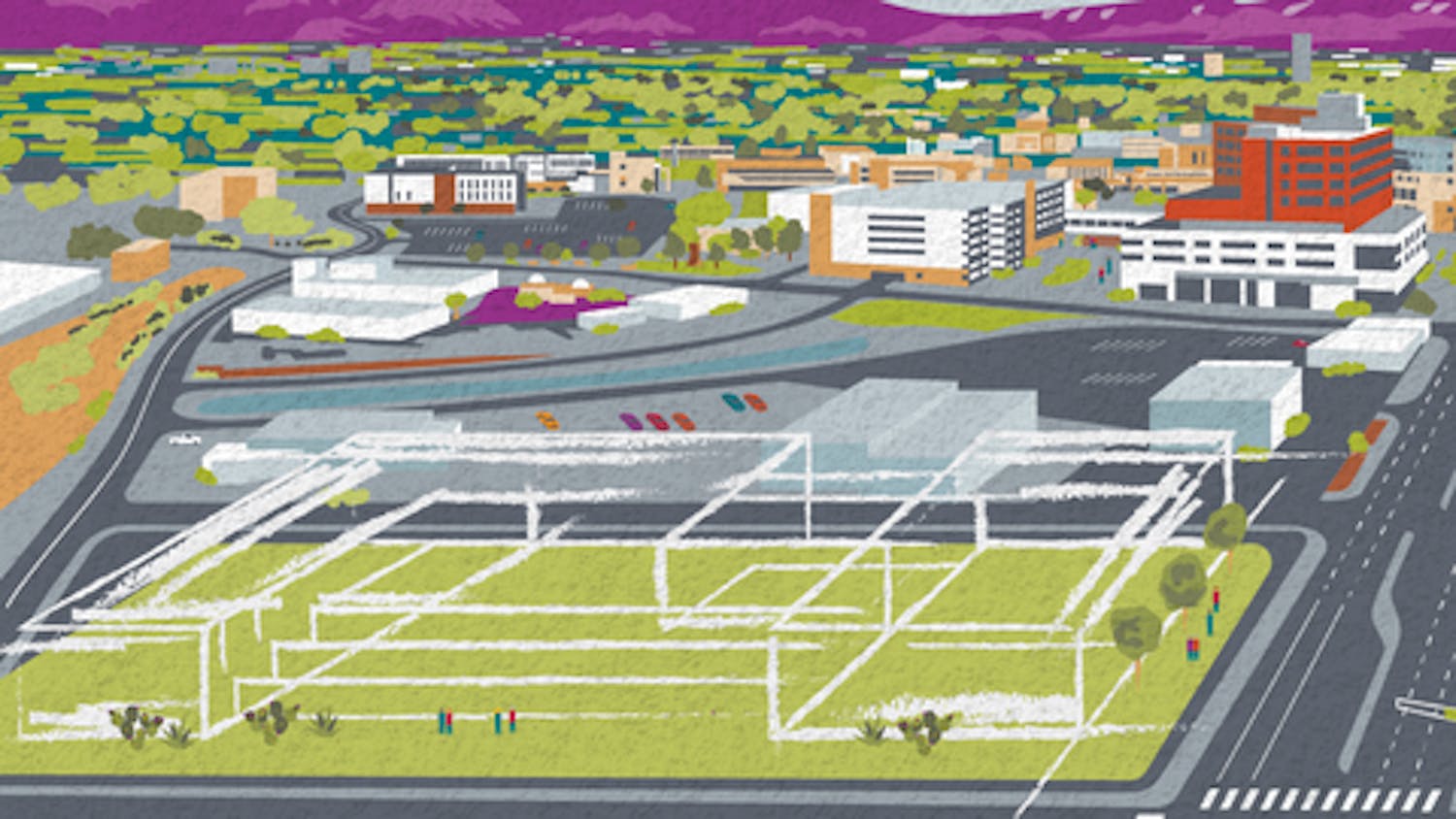The Sept. 11 terrorist attacks were a wake up call for Muslims, Albuquerque scientist Sami Shakir said Tuesday.
Shakir spoke during a forum sponsored by the Maxwell Museum and UNM Muslim Student Association as part of Islamic Awareness Week, adding that Muslims should seek answers internally.
"When something shocking happens, you look for a cause outside of yourself; not looking inwards to why something has happened," Shakir said. "I pray to God that Muslims will wake up and stop blaming others for what has happened."
Shakir suggested that Muslims could have done more to educate people about their faith before waiting for an event such as the terrorist attacks occurring to begin talking about the religion.
"Nine-11 was an earthquake to people who knew nothing about Muslims, but there is no excuse for us not being more accessible to people outside our community," Shakir said.
He said he hopes the attacks are the last shocks that the Muslim community must reckon with. He then focused on the major contributions Muslims made to science.
Get content from The Daily Lobo delivered to your inbox
"Muslim scientists were on the cutting edge and leaders in modern optics, algebra, cryptography, medicine and chemistry," he said.
Shakir said the Quran, the Muslim holy book, specifically suggests that Muslims are obligated to educate themselves.
"We are told to go out and gain as much information and schooling as we can," he said. "Learning is a gift from God and we are to take advantage of it."
Jamaal Martin, a UNM instructor, spoke about family traditions and beliefs within the Muslim community.
"Muslims are very family-orientated," Martin said. "We encourage marriage, discourage divorce and believe in internal and external cleanliness."
Martin discussed different Muslim beliefs, including male circumcision, breast-feeding until the age of two, discouraging masturbation, encouraging chastity and forbid homosexuality and suicide.
He said Muslims push for abstinence because they believe in quality of life, discouraging having too many children. He added that Muslims are not against advanced technology such as researching test tube babies - provided that the babies' parents are married.
Martin ended by discussing what the Quran says about personal health and living.
"The Quran addresses every aspect of our lives, from mental health to physical health, and we need to relate every word of the holy book into our lives," Martin said.
The panel took a 10-minute break between lectures so that Muslims in the audience could offer their after-sunset prayers. It is traditional for Muslims to pray five times a day, beginning at sunrise and ending before midnight.





